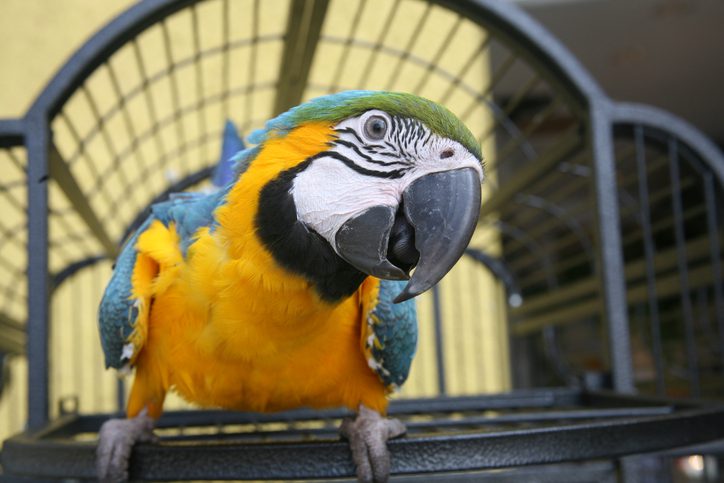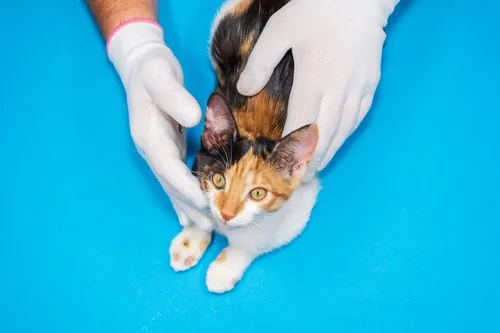
Tips for Caring for an Exotic Pet in Boston, MA
Owning and caring for an exotic pet comes with specific responsibilities to ensure their well-being and happiness. In this blog, we will provide valuable insights and expert tips on how to properly care for birds, rabbits, ferrets, small mammals, and reptiles, all tailored to promote a safe, healthy, and enriching environment. Let’s dive in!
Birds
Caring for birds involves more than just providing food and shelter. Here are some essential tips to ensure the overall well-being of your feathered friends:
- Create a spacious and stimulating environment with plenty of perches, toys, and opportunities for mental and physical exercise.
- Provide a balanced diet with a variety of fresh fruits, vegetables, and high-quality bird pellets or seeds.
- Regularly clean their living space to maintain hygiene and prevent the buildup of harmful bacteria.
- Schedule routine check-ups with an avian veterinarian to monitor their health and address any potential issues.
- Spend quality time interacting with your bird through gentle handling, socialization, and positive reinforcement.

Rabbits
Rabbits are intelligent and social animals that require attentive care. Follow these guidelines to ensure their well-being:
- Provide a spacious and secure enclosure that allows for exercise and exploration.
- Offer a well-balanced diet consisting of hay, fresh vegetables, and limited amounts of pellets.
- Provide toys, tunnels, and hiding places to stimulate their natural behaviors and prevent boredom.
- Schedule regular veterinary check-ups to monitor their dental health and prevent common ailments.
- Offer daily supervised exercise outside of the enclosure to allow them to hop and explore in a safe environment.
Ferrets
Caring for ferrets involves understanding their energetic nature and providing an enriching environment. Consider these tips:
- Offer a spacious and ferret-proofed living area with multiple levels, tunnels, and toys for mental and physical stimulation.
- Feed a high-quality, protein-rich diet specifically formulated for ferrets to meet their unique nutritional needs.
- Provide regular opportunities for exercise and play, including interactive toys and supervised playtime outside of their enclosure.
- Schedule routine veterinary visits to monitor their health, vaccinate against common diseases, and address any concerns promptly.
- Provide plenty of social interaction and mental stimulation to prevent boredom and promote a healthy bond with your ferret.
Small Mammals (Hamsters, Gerbils, Mice, Rats, and Guinea Pigs)
Caring for small mammals requires attention to their specific needs and behaviors. Here’s how to ensure their well-being:
- Provide an appropriately sized and well-ventilated enclosure that offers plenty of space for them to move, hide, and exercise.
- Offer a nutritionally balanced diet specific to their species, supplemented with fresh fruits, vegetables, and occasional treats.
- Provide appropriate bedding material and maintain cleanliness in their habitat to prevent respiratory issues and infections.
- Handle them gently and with care, allowing them time to become comfortable with your presence.
- Regularly interact and engage with them through supervised playtime and handling to strengthen the bond and prevent boredom.

Reptiles
Caring for reptiles involves creating a suitable environment that meets their unique physiological needs. Follow these guidelines:
- Create an enclosure that provides the appropriate temperature gradients, lighting, humidity levels, and hiding spots for your reptile species.
- Offer a diet specific to their species, including live or frozen prey or commercially available reptile food.
- Maintain a clean and hygienic enclosure, regularly removing waste and providing fresh water.
- Handle them with caution, taking care to support their body properly and avoid unnecessary stress.
- Schedule regular check-ups with a reptile veterinarian to ensure their overall health and address any specific concerns.
- Provide plenty of mental stimulation to prevent boredom and interact with your reptile through gentle handling when appropriate.
Conclusion
Caring for avian and exotic animals requires knowledge, dedication, and a genuine love for these unique creatures. By following the expert tips provided in this guide, you can create a nurturing environment that promotes the well-being and happiness of your birds, rabbits, ferrets, small mammals, and reptiles. Remember, if you have any questions or concerns about caring for your pets, consult the experienced veterinarians at Back Bay Veterinary Clinic. Together, we can provide the best possible care for your beloved companions.
If you have any questions about caring for an exotic pet or would like to schedule an appointment for your pet, call us at (617) 245-2710 or make an appointment online! We look forward to hearing from you!










